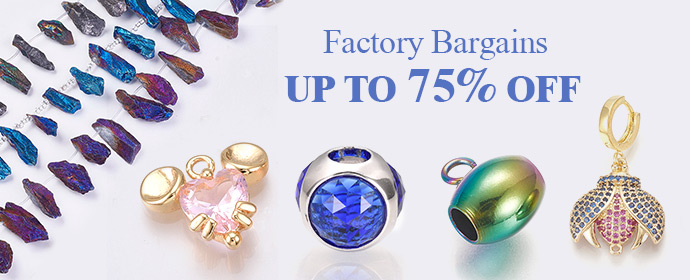
The cosmetics industry has dramatically changed in recent years, with high demand for natural and sustainable products. As consumers become more conscious about the ingredients in their cosmetic products and what impact they have on the environment, it becomes driven by increased awareness of health and environmental concerns and the quest for transparency from beauty brands.
**The Demand for Natural Ingredients of Cosmetic Products**
This mirrors one of the crucial trends in today’s cosmetics market: the growing preference for natural ingredients. More and more, consumers are looking for products that do not contain such elements as parabens, sulfates, and synthetic fragrances. Instead, they opt for cosmetics that get their ingredients from plants and through an organic process.
Many companies are coming up with formulas that include aloe vera, chamomile, shea butter, essential oils, and other ingredients perceived as safe. These ingredients are not only being believed to be safer than the others, but they also have various benefits on the skin. Aloe vera is soothing and moisturizing; some essential oils, like lavender and tea tree oil, possess antimicrobial and anti-inflammatory properties.
**Sustainability Steals the Show**
For consumers and brands, sustainability has become the centerpiece. The beauty industry, liable for its heavy usage of plastic packaging and environmentally damaging practices, is being pushed to adopt more sustainable approaches. It involves the use of recyclable, biodegradable, or refillable packaging and the reduction of carbon footprints during the production processes.
Not to forget, brands are also focused on cruelty-free testing methods. This is evident in many companies that boast certifications such as the Leaping Bunny or PETA’s logo of being cruelty-free. Another reflection of the industry shifting towards more ethical practices is the rise of vegan cosmetics, which excludes the use of animal-derived ingredients.
**Transparency and Ethical Branding**
Modern consumers want transparency from the brands they love. They want to know where the ingredients are sourced from, how cosmetic products are made, and, importantly, the ethical standards of companies from where they buy. This has forced an increase in the number of brands offering detailed ingredient lists and even insight into supply chains.
Moreover, the importance lies in inclusivity and diversity for any brand and offering a great range of products that would suit various skin types and tones. This move not only reflects social progress but also aligns with the broader trend of personalization in the beauty industry.
**Conclusion**
The world of cosmetology is changing with the consumer demand for more natural, sustainable, and ethical products. With growing awareness, the future of beauty lies in innovation that values health, the environment, and transparency—making sure consumers look good and feel good about the cosmetic products they use.

Recommended1 recommendationPublished in Health, Makeup, Our Fashion Passion, Pop Fashion



